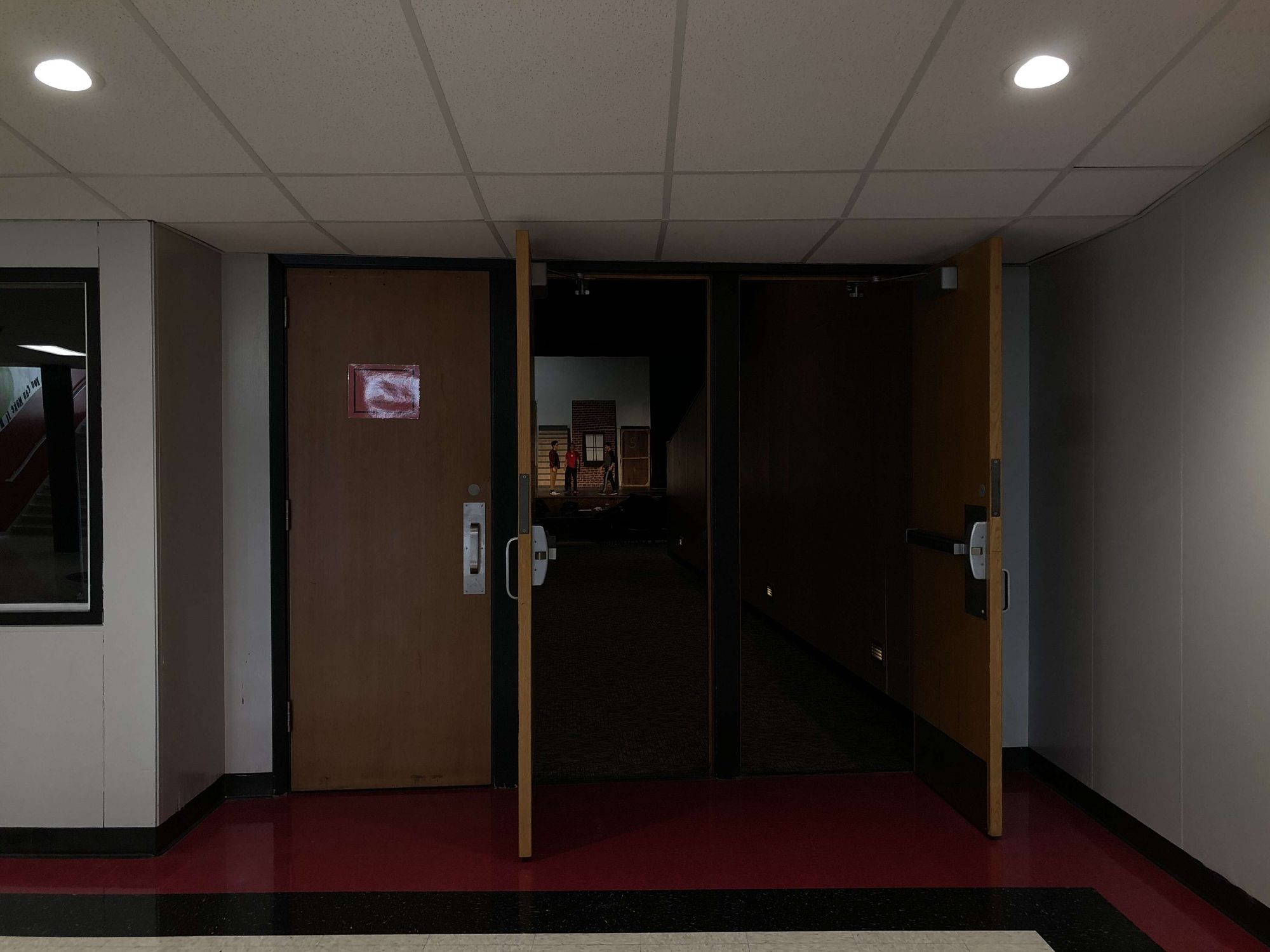Unveiling the Truth About Hall Sweeps
What really happens when you get swept by the dreaded hall sweep? The Blackshirt finds out.

As hall sweeps have occurred more frequently than ever before over the past year, students, particularly those who have never been caught in one, are becoming increasingly curious about them. A myriad of questions yet remains regarding the mysterious process that students who are swept up have to go through.
The consequences of being swept up are unclear to the majority of students, and therefore multiple fabrications are floating around regarding these punishments. For example, some students believe that if they were to be caught in a hall sweep they would have to pay a fine, which is simply untrue.
When asked what they think occurs during a hall sweep, seniors Jenny Martinez and Alex Blank responded that they thought it was “a lecture about how attendance is important to your high school career.” Junior Taya Herrera, when asked the same question, responded, “They go to the auditorium, and then… I’m not really sure.” A freshman who wished to remain anonymous said, “If you get swept up more than a few times you get in a lot of trouble.” It is clear that many students possess a vague, incomplete understanding of what happens during a hall sweep.
In actuality, a hall sweep is not nearly as complicated or dramatic as students may imagine it to be. Once teachers are told to close and lock their doors, only administrators and approximately 10-20 students gather in the auditorium lobby. Students who get caught up in the sweep for the first time merely have their name marked down on a spreadsheet, whereas students who habitually get caught up in the sweeps automatically receive detentions. Then, after getting their name written down by an administrator, the students are sent right back to their classes with passes. In itself, the hall sweep is indeed a simple process.
Yet controversy over the concept of hall sweeps still lingers among the student body. Many bring up the example of students who are merely a couple of seconds late to their class, and yet because of the hall sweep have to miss more than just a few seconds. So the question remains, and some students wonder: Is it best to stick with this simple process, or do the woes of the student body hold some weight in this situation?

